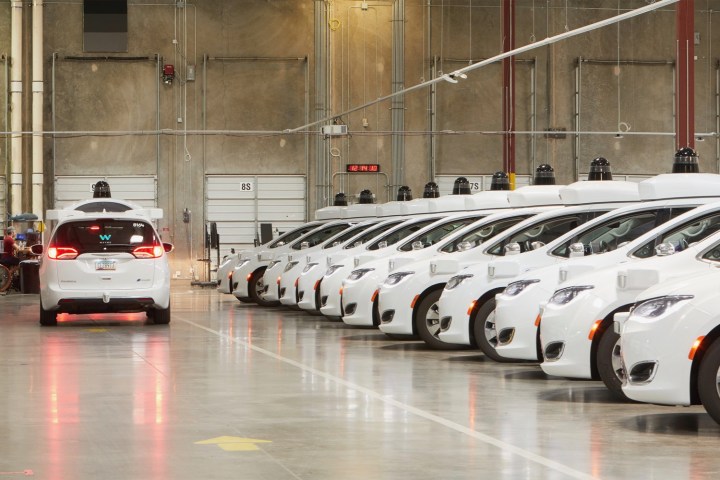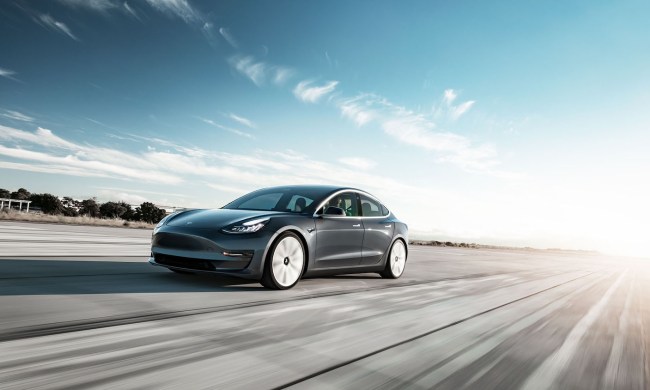
With frequent delays and long security lines, the average airport may not seem like a model of efficiency. But that was where Waymo looked for a model when it started setting up an autonomous-vehicle testing hub in Chandler, Arizona, according to Automotive News.
Waymo examined how airlines turn around jets between flights, Rikard Grunnan, the company’s head of technical fleet operations, told Automotive News. Findings were applied to Waymo’s Phoenix hub, which is now home base to over 400 autonomous test vehicles. The fleet, consisting of modified Chrysler Pacifica minivans, is used for testing on public roads in the Phoenix metropolitan area. They also give rides to the public through the Waymo One ridesharing service.
Since November 2017, Waymo has partnered with dealership chain AutoNation on the maintenance of its minivans. AutoNation started out doing relatively simple tasks like oil changes and warranty repairs, but now does heavier maintenance work for Waymo, according to Automotive News. The two companies are also sharing data to find out, for example, which parts break first over the 250,000-mile lifespan Waymo is targeting for its vehicles. AutoNation will provide similar services for the Jaguar I-Pace once that model enters Waymo’s ridesharing fleet, Automotive News reports.
Ridesharing services present a threat to car dealerships because they lessen the need to own a car. That makes the partnership with Waymo a valuable tool for AutoNation. The company’s existing network of service centers could support a future fleet of self-driving cars. That level of infrastructure will be needed to keep a fleet of autonomous ride-share vehicles on the road, Waymo’s Grunnan told Automotive News.
Waymo is slowly expanding from a testing program to a full-scale commercial ride-sharing service. The company plans to open an 85,000-square-foot technical operations center in Mesa, Arizona, on the opposite side of the Phoenix metropolitan area from its current maintenance hub, which is located in Chandler. Waymo also has plans for a Detroit “factory” that will outfit cars with autonomous-driving hardware.
Maintenance may not be very glamorous, but it will likely be as important to taking self-driving cars mainstream as the technology itself. Instead of selling them to individual owners, most companies are expected to deploy autonomous cars in fleets for delivery or ridesharing services — like Waymo’s. That means companies will need to maintain large fleets of vehicles to ensure a car is ready whenever a customer wants to go somewhere. Like the airport.


